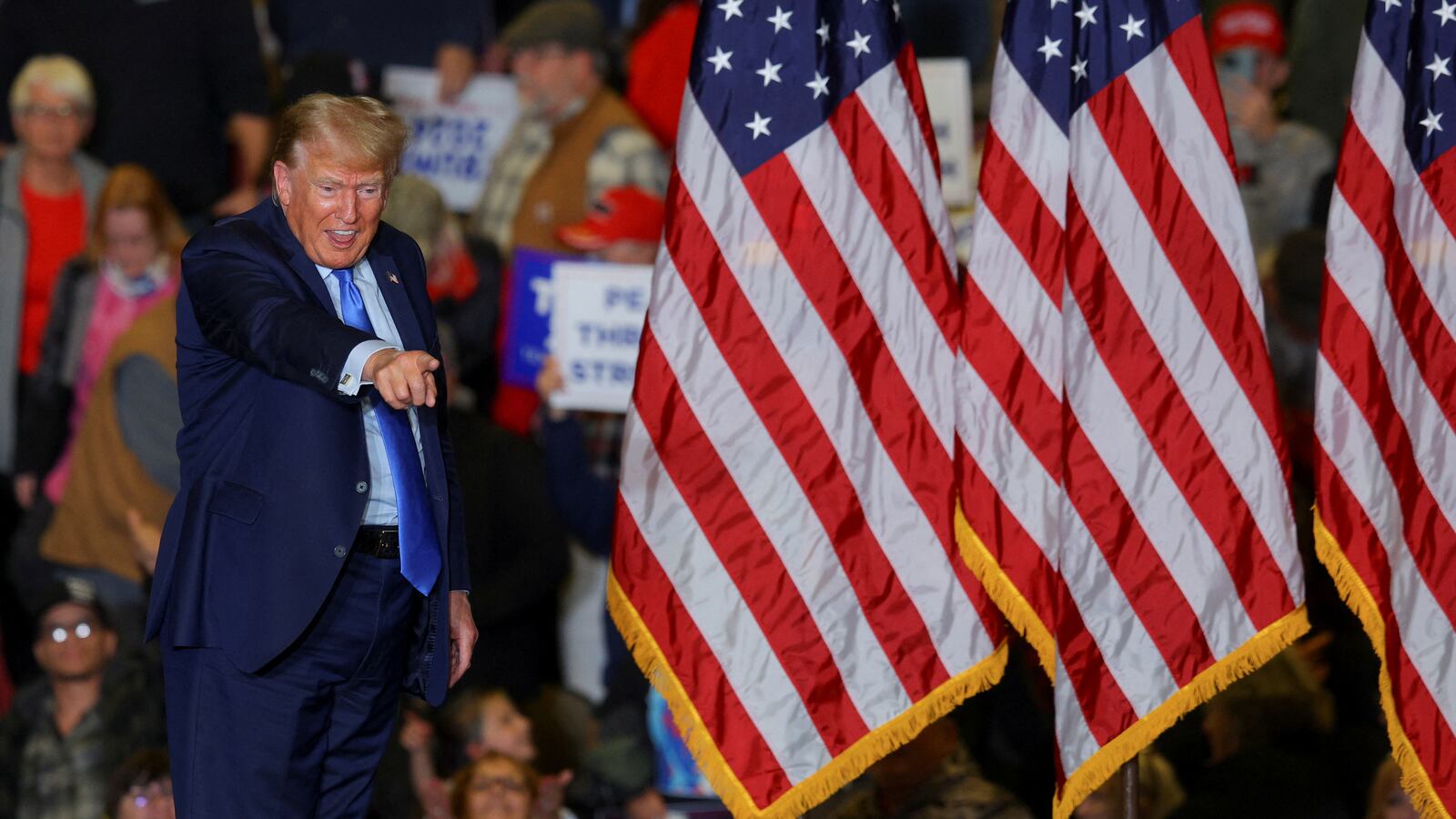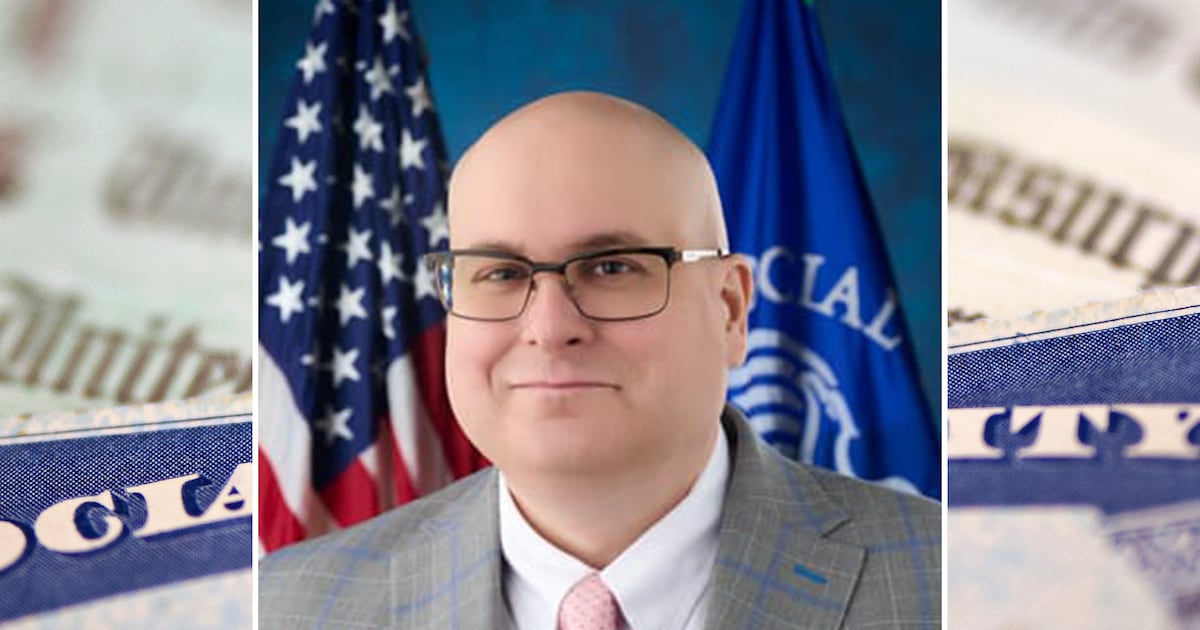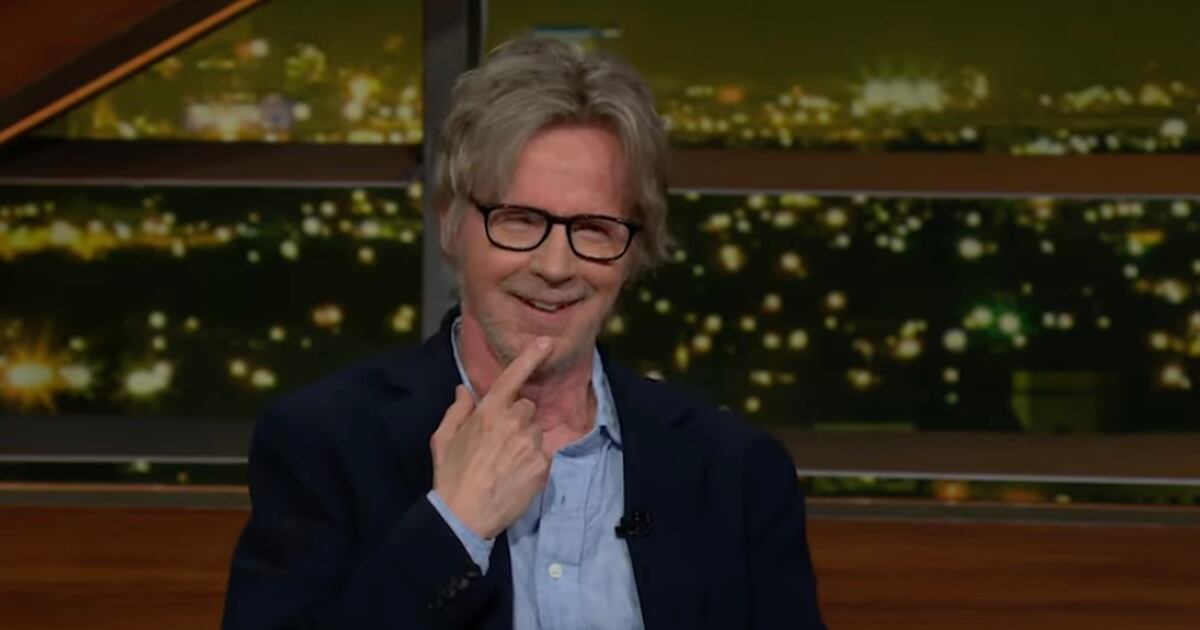Former President Donald Trump wants his 2020 election interference trial in Washington to be televised, his lawyers say in a new legal filing.
While rules in federal court forbid the broadcasting of criminal and civil proceedings, a coalition of news companies including the Associated Press, ABC News, and Washington Post, have asked to record Trump’s criminal trial scheduled for March 4. (The Republican 2024 frontrunner faces three other criminal cases in New York, Florida, and Georgia.)
“Since the founding of our Nation,” the group of media outlets said in an October application for audiovisual access filed in court, “we have never had a criminal case where securing the public’s confidence will be more important than with United States v. Donald J. Trump.”
“For his benefit, and that of the Court and the public, real-time audiovisual coverage will be a critical step in stemming false conspiracy theories across the entire spectrum of public opinion, regardless of the trial’s outcome.”
On Friday, Trump’s counsel submitted papers supporting the news outlets’ request to provide live coverage—and repeating his claims that the 2020 election was rigged and his prosecution politically motivated to sabotage his 2024 campaign.
“The prosecution wishes to continue this travesty in darkness,” Trump’s attorneys argued. “President Trump calls for sunlight. Every person in America, and beyond, should have the opportunity to study this case firsthand and watch as, if there is a trial, President Trump exonerates himself of these baseless and politically motivated charges.”
They concluded that the court should permit the broadcast “to ensure that the American public can see the bare truth of this case, witness the Biden Administration’s wrongful acts, and hear all the evidence regarding an election that President Trump believes was rigged and stolen.”
The Department of Justice opposes the request. In a Nov. 3 court filing, U.S. special counsel Jack Smith wrote, “The fact that the trial is open to the public and the media, which can ‘attend, listen and report’ to the larger public, fully satisfies the constitutional right of access.”
Smith, a veteran war crimes prosecutor, also argued that in-court cameras could impact the “truth-finding function of the court” and “affect witnesses, jurors, and attorneys in subtle ways.”
“Not only will the participants be cognizant of being televised,” Smith continued, “but in today’s world, a broadcast is not limited to television, and the recording exists not for a moment but, for all intents and purposes, indefinitely.”
“When a witness’s image is captured on video,” he wrote, “it is not just a fleeting image, but it exists indefinitely. Paired with the ever-increasing acrimony in public discourse, witnesses and others who appear on video may be subjected to threats and harassment.
“Were there an appeal and retrial, witnesses who were subjected to scrutiny and harassment on social media may be unwilling to testify again.”
Trump is charged with four counts in the Washington, D.C. case: conspiracy to defraud the United States; conspiracy to obstruct an official proceeding; obstruction of and attempt to obstruct an official proceeding; and conspiracy against rights.
“Despite having lost, the Defendant was determined to remain in power,” the indictment states. “So for more than two months following election day on November 3, 2020, the Defendant spread lies that there had been outcome-determinative fraud in the election and that he had actually won.”
Trump’s claims, the government alleges, inspired a mob of his supporters to storm the Capitol on Jan. 6, 2021, in a failed bid to block congressional certification of Biden’s victory.
Last month, U.S. District Judge Tanya S. Chutkan issued a limited gag order to stop Trump from publicly attacking Smith and other officials. “Mr. Trump can certainly claim he’s being unfairly prosecuted, but I cannot imagine any other criminal case in which the defendant is permitted to call the prosecutor ‘deranged,’ or a ‘thug,’” Chutkan noted in a ruling.
But last week, an appeals court temporarily froze the order ahead of arguments on the matter scheduled for Nov. 20.



